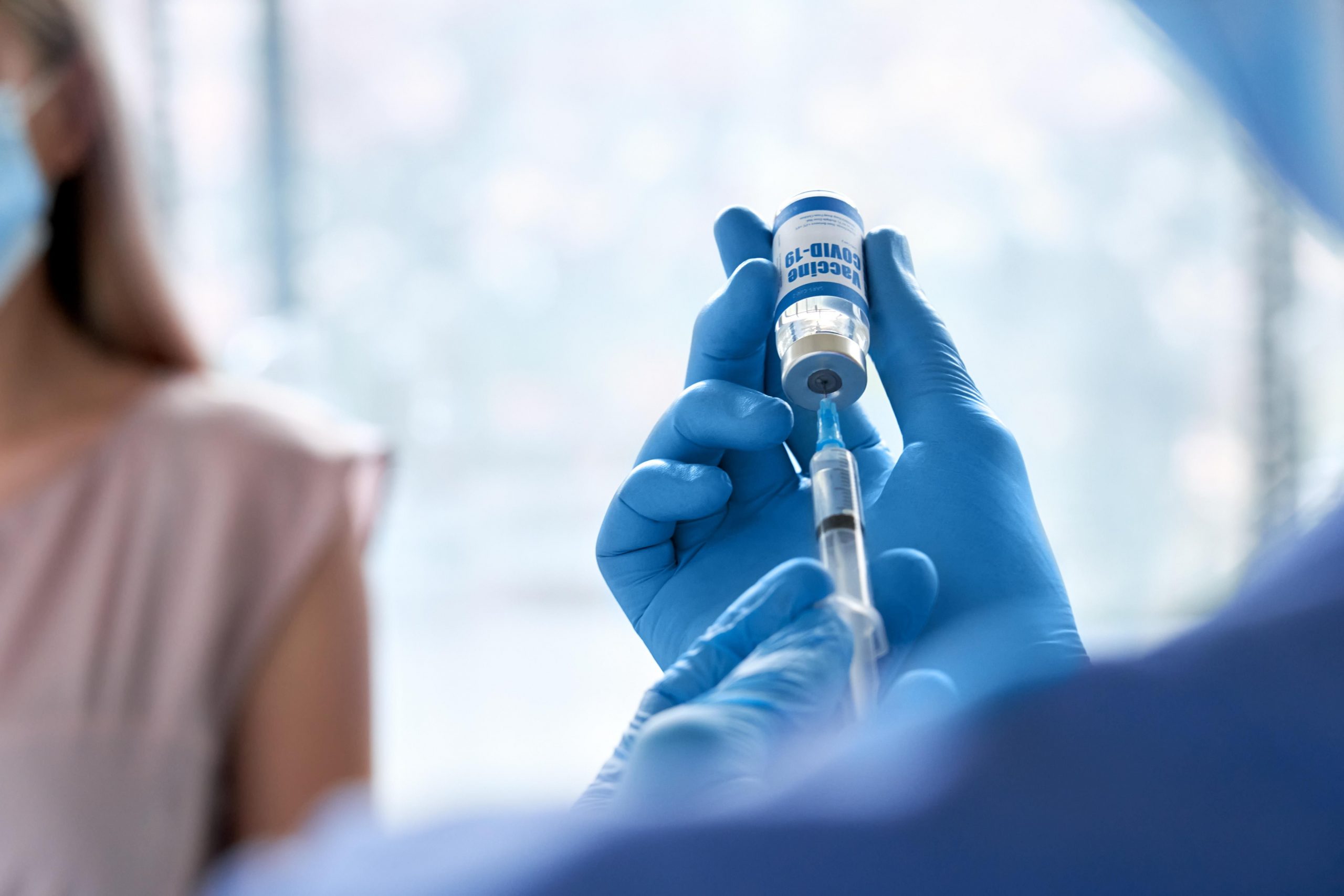
A tool used to restore forest ecosystems could also be key to the battle against tick-borne disease, researchers say. Forest managers and land owners use prescribed fire to combat invasive species, improve wildlife habitat and restore ecosystem health. A recent study suggests it could also reduce tick populations and transmission of diseases that have proliferated… read on > read on >






























